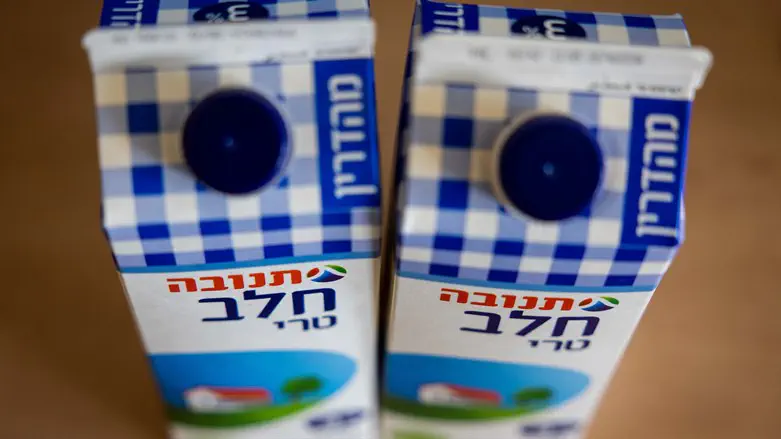Milk Crisis Eased: Ireland to Slash Taxes on Imports in Bid to Boost Supply

In a move aimed at tackling the ongoing milk shortage plaguing Ireland, Finance Minister Michael McGrath is set to sign an order effectively eliminating taxes on imported milk. This significant decision, following discussions with Minister for Agriculture, Food and Rural Development, Charlie McConalogue, comes as retailers and consumers alike grapple with rising prices and limited availability of dairy products.
The shortage, exacerbated by recent supply chain disruptions and increased demand, has seen supermarket shelves sparsely stocked with milk and other dairy staples. Concerns have been raised about the impact on households, particularly those with young children, and the potential knock-on effects on the wider food industry.
“We are acutely aware of the challenges facing families and businesses due to the current milk supply issues,” stated Minister McGrath. “This tax exemption on milk imports is a crucial step in ensuring a more stable and affordable supply of this essential product for Irish consumers. It’s a targeted measure designed to address an immediate need and provides a temporary solution while we work to strengthen domestic production.”
The government’s decision has been welcomed by retailers who have been struggling to meet customer demand. Industry representatives have expressed hope that the measure will quickly translate into increased availability and more competitive pricing at the tills. However, some caution that the impact may not be immediate, as importing and distributing milk takes time.
Why the Tax Exemption?
The existing tax on imported milk has historically served as a protectionist measure, aimed at supporting Irish dairy farmers. While the government remains committed to supporting the indigenous dairy sector, the urgency of the current crisis has necessitated a temporary shift in policy. The tax exemption is being presented as a short-term solution, allowing for increased imports to bridge the supply gap.
Long-Term Solutions & Supporting Irish Farmers
The government is also actively exploring long-term solutions to strengthen Ireland’s domestic dairy production. This includes initiatives to support Irish dairy farmers, improve efficiency, and enhance the resilience of the supply chain. Minister McConalogue emphasized the importance of investing in the sector and ensuring a sustainable future for Irish dairy farming.
“We are working closely with the dairy industry to identify and address the underlying issues contributing to the shortage,” said Minister McConalogue. “This includes exploring opportunities to increase production, improve infrastructure, and enhance the competitiveness of Irish dairy products.”
Consumer Impact and Expectations
Consumers are cautiously optimistic about the impact of the tax exemption. While the immediate effect on prices remains to be seen, the prospect of increased availability is a welcome relief. Retailers are expected to pass on the savings from the tax reduction to consumers, but the extent of the price decrease will depend on market conditions and import costs.
The government’s decision to temporarily suspend the tax on milk imports represents a significant intervention in the Irish dairy market. It’s a pragmatic response to a pressing crisis, with the potential to ease the burden on households and businesses while supporting the long-term sustainability of the Irish dairy sector.





